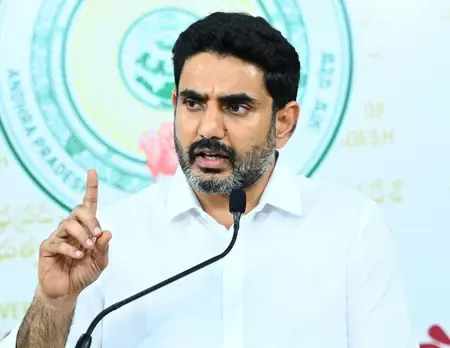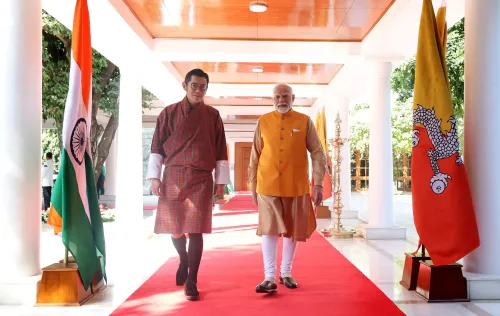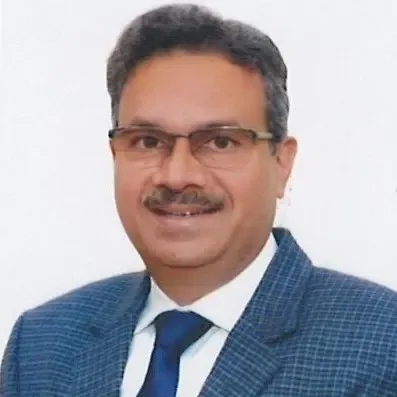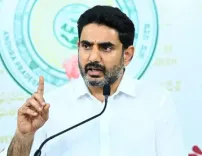Supreme Court Dismisses PIL on Social Media Restrictions for Minors Under 13
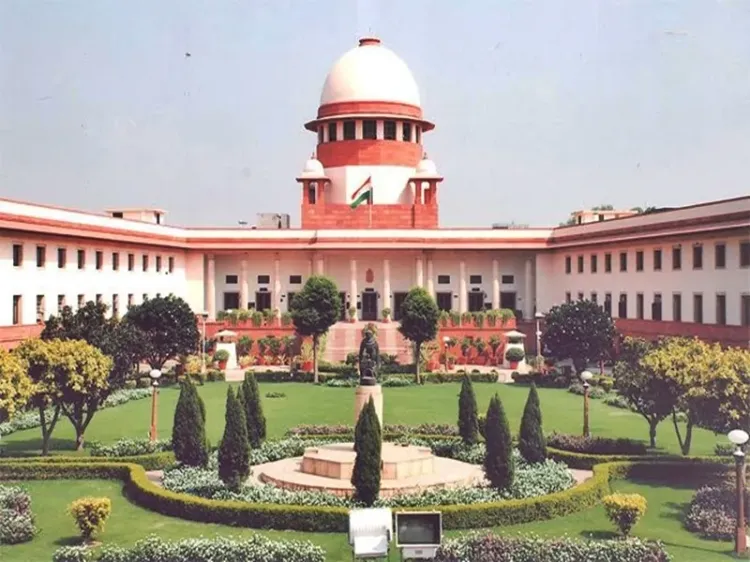
Synopsis
Key Takeaways
- Supreme Court dismisses PIL on social media access.
- Judicial intervention requested for minors under 13.
- Concerns over mental health linked to social media use.
- Petition suggests stricter enforcement of age restrictions.
- Similar regulations exist in Australia, UK, and US.
New Delhi, April 4 (NationPress) The Supreme Court on Friday declined to hear a public interest litigation (PIL) that sought urgent judicial measures to control the access of social media platforms for children under the age of 13.
The plea argued that the lack of regulation regarding digital exposure for minors represents a serious infringement of their fundamental rights, necessitating immediate judicial oversight.
In rejecting the petition, a bench comprising Justices B.R. Gavai and A.G. Masih noted that the relief requested fell into the domain of policy-making, suggesting that the petitioner should approach the relevant government authorities.
“Should such a representation be submitted, it will be evaluated according to the law within eight weeks,” ordered the Justice Gavai-led Bench.
The petition, presented by advocate Mohini Priya, highlighted a troubling increase in depression, anxiety, self-harm, and suicide rates among children, with substantial evidence linking excessive social media use to deteriorating mental health.
“Thus, it is crucial to implement a strict prohibition along with proactive enforcement measures, such as mandatory and verifiable age verification systems, to prevent children under 13 from creating accounts. A robust and enforceable framework must be established to ensure compliance and mitigate the risks related to unregulated social media access by minors,” stated the plea.
The petition noted that social media platforms currently require users to be at least 13 years old to create an account; however, this rule is not effectively enforced, as accounts belonging to children below this age are only identified when flagged by users.
“This reactive strategy fails to tackle the core issue, allowing minors to access these platforms without checks. Unlike age-restricted activities such as driving, voting, and consuming alcohol, social media remains largely unchecked, exposing children to significant dangers,” the petition further explained.
The petition referenced strict legal restrictions and regulatory frameworks in various regions, including Australia, the UK, and several states in the US, aimed at reducing social media addiction among minors.
“India cannot afford to remain behind in protecting its children from irreversible psychological and cognitive harm,” it asserted.
Citing neurological studies and other reports, the petition indicated that the compulsive nature of social media interaction has been scientifically correlated with sleep deprivation, worsening mental health, and long-term neurodevelopmental issues. The plea suggested that the unregulated digital activity of minors resembles a public health crisis that necessitates prompt intervention.


